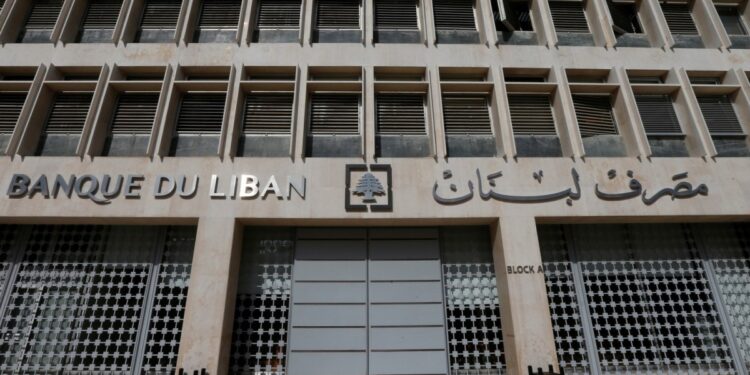Lebanon’s international bonds rose by more than one cent today, Monday, after the country formed a new government last Saturday headed by Nawaf Salam, a step aimed at bringing the country to reaching the funds necessary for reconstruction after a destroyed war launched by Israel on Lebanon last year.
Detoepeb data showed that Lebanon’s bonds denounced in dollars jumped up to 1.1 cents for sale at about 18.3 cents across most of the mandate of the entitlement, which is the highest level since March 2020.
The high bonds of Lebanon have important economic and financial indications, including:
- The improvement of investor confidence, high bond prices, usually indicates an increase in demand for them, which means that investors are more optimistic about Lebanon’s ability to pay its debts or achieve economic stability.
- The decrease in the cost of future borrowing, if the prices of bonds increase, the returns (benefits) that the government must pay to investors decrease, which reduces the cost of borrowing in the future.
- A reference to the improvement of the economic and political situation, bonds often rise when there are expectations of economic reforms or positive political changes.
- Attracting foreign investments, the high bonds would encourage investors to enter the Lebanese market, which may contribute to pumping new liquidity and improving the economy.
https://www.youtube.com/watch?v=lxnl5smnvbm
After the announcement of the formation of the government, Salam said, “Reform is the only way to rescue … and the government will seek to restore confidence between the citizen and the state.”
“The government, in cooperation with the House of Representatives, will have to proceed with financial and economic reforms and implement the Taif Agreement,” he added. He added, “I put in my eyes the establishment of the rule of law and institutions, and we lay the foundations for reform and rescue … and I hope that together we will launch a workshop for building the new Lebanon.”
The formation of a government in Lebanon has a major role in raising the value of the bonds, for several reasons:
- Improved confidence in political stability, the formation of a new government, especially if it is supported by local and international parties, gives a positive signal to investors that there is political stability that may reflect positively on the economy.
- Expectations of economic reforms, if the new government includes reformist figures or declared plans to address the financial crisis, this may lead to an increase in optimism about Lebanon’s ability to implement economic reforms required to restore market confidence.
- The possibility of resuming negotiations with the International Monetary Fund, one of the main factors that investors monitor is the extent of the government’s commitment to implementing the reforms required to obtain financial support from international institutions. Any reference to the resumption or acceleration of negotiations with the International Monetary Fund may push the bonds to rise.
- Calm fears of failure to pay, if the new government is able to provide a clear plan to restructure debts or improve public finances, this may be reflected positively on the bond market.



